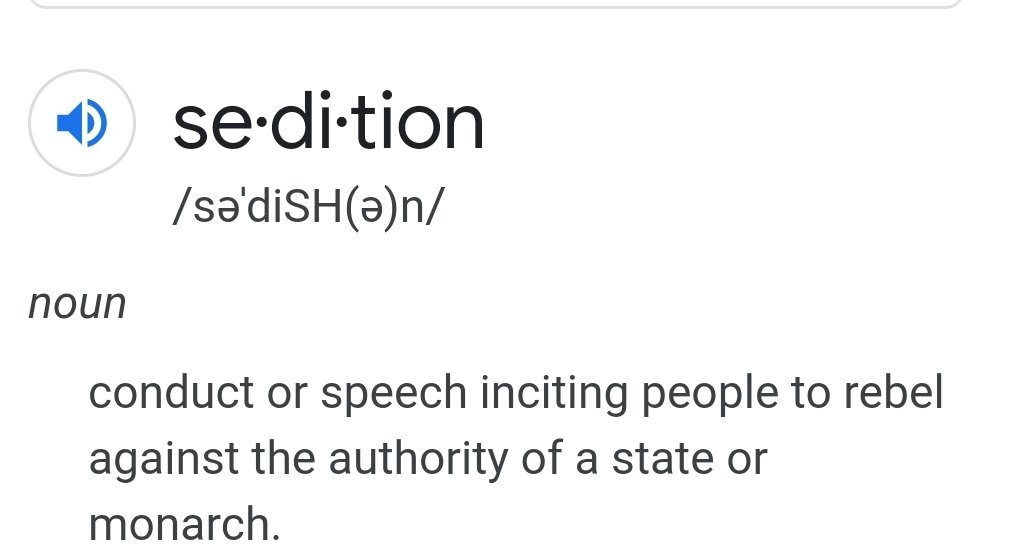
I'm halfway through a course on #Mentalhealth first aid, and I want to share a powerful message. Mental health can be viewed and understood via where it sits vis a vis physical health. We had various illnesses, and had to rank them from least to most needing help. Ready? 

We were each given cards with illnesses, and we set them on the floor in the order we thought, from least problematic to most serious. When we were done, the leaders helped us rearrange them into the correct order from least to most needing care: 

Least: gingivitis. Then, mild asthma. Next a tie: low back pain/uncomplicated diabetes. Then another tie: epilepsy affects a person about the same as mild depression. It's at this level that we first started to see mental illnesses in relation to common physical illnesses.
The next on the list: mild to moderate panic disorder. (I might have placed this higher but the leaders have Canada-wide medical data and I'm confident it's accurate). After all, a panic attack is scary, but can be resolved.
Next three were a tie: non invasive breast cancer, mild/moderate obsessive compulsive disorder, and anorexia. We are starting to see health challenges that are exacerbated by stereotypes, and part of our social lexicon.
Next: a four way tie: complete hearing loss, severe asthma, chronic hepatitis B infection, and moderate depression. Again, this scale helps us to think through and understand health impacts and accommodations needed at both personal and society level.
If your office has someone with severe asthma, I bet you are aware of it and invest time, energy and money into controlling their environment or modifying their duties. Do you do the same for someone with moderate depression? No? Why not?
Two more ties as we continue to build this list from least to most impact: operable small cell carcinoma is on par with complete vision loss.
One step higher: paraplegia and severe post traumatic stress disorder.
One step higher: paraplegia and severe post traumatic stress disorder.
Take a moment to think on that one: the easy-to-see physical outcome of a traumatic event (war, car accident/paraplegia) requires similar health care support as severe PTSD. Invictus Games, where art thou?
We are getting to the end of our exercise and this is your reminder that its goal was a new kind of comprehension for us, not to be comprehensive in terms of all possible ailments, physical or mental.
Next on the list of illnesses requiring extensive support: brain injury with permanent impairment is medically on par with severe depression.
Sit with that one for a moment. Would you EVER tell person with a brain injury to 'snap out of it'? No? Then STOP for depression.
Sit with that one for a moment. Would you EVER tell person with a brain injury to 'snap out of it'? No? Then STOP for depression.
In fact, change your thinking completely. If it helps, think of severe depression as actually having a brain injury. Medically, they require similar levels of treatment and support. If you understand it using this scale, it may help you be more empathetic.
Ok. Big deep breath. We are at the final four illnesses, which are medically different but require similar levels of care: severe dementia, end stage Parkinsons, severe schizophrenia, and quadriplegia.
You know the level of care required for three of these, I bet. Did you know the fourth? We have memory wards and care homes and 24 hour nursing support. And we have homeless shelters. Because so many afflicted with schizophrenia are on the street due to lack of medical care.
If you learned from this thread, that's great. I did too. The exercise reminded me that mental health IS physical health and needs to be supported to the same levels. And needs to be understood by society at those same levels.
A friend going through cancer treatment? We shower them with casseroles and cards, texts and well wishes. And money if it's affected family earning potential.
A friend has depression? They are weak, attention-seeking shirkers and we turn away.
A friend has depression? They are weak, attention-seeking shirkers and we turn away.
Some of the mental illnesses with which I'm most familiar (anxiety and bipolar disorder) weren't on our cards. I imagine they would fall similar to mild, moderate, and severe depression, with severe bipolar somewhere between severe depression and severe schizophrenia.
Have you taken regular First Aid courses? Are they a requirement for your job? Then mental health first aid courses should ALSO be required. Full stop. Required. Underline. Bold.
Take the Mental Health First Aid course if you can.
Take the Mental Health First Aid course if you can.
Reach out to @domoreag or @CMHA_NTL or your provincial chapter. Ask for this training. Take it. Understanding mental illness as part of, not separate from, physical illness is the best way forward for all of us.
When we know better, we do better.
#MentalHealthMatters
When we know better, we do better.
#MentalHealthMatters
Hello @threadreaderapp please unroll.
• • •
Missing some Tweet in this thread? You can try to
force a refresh





